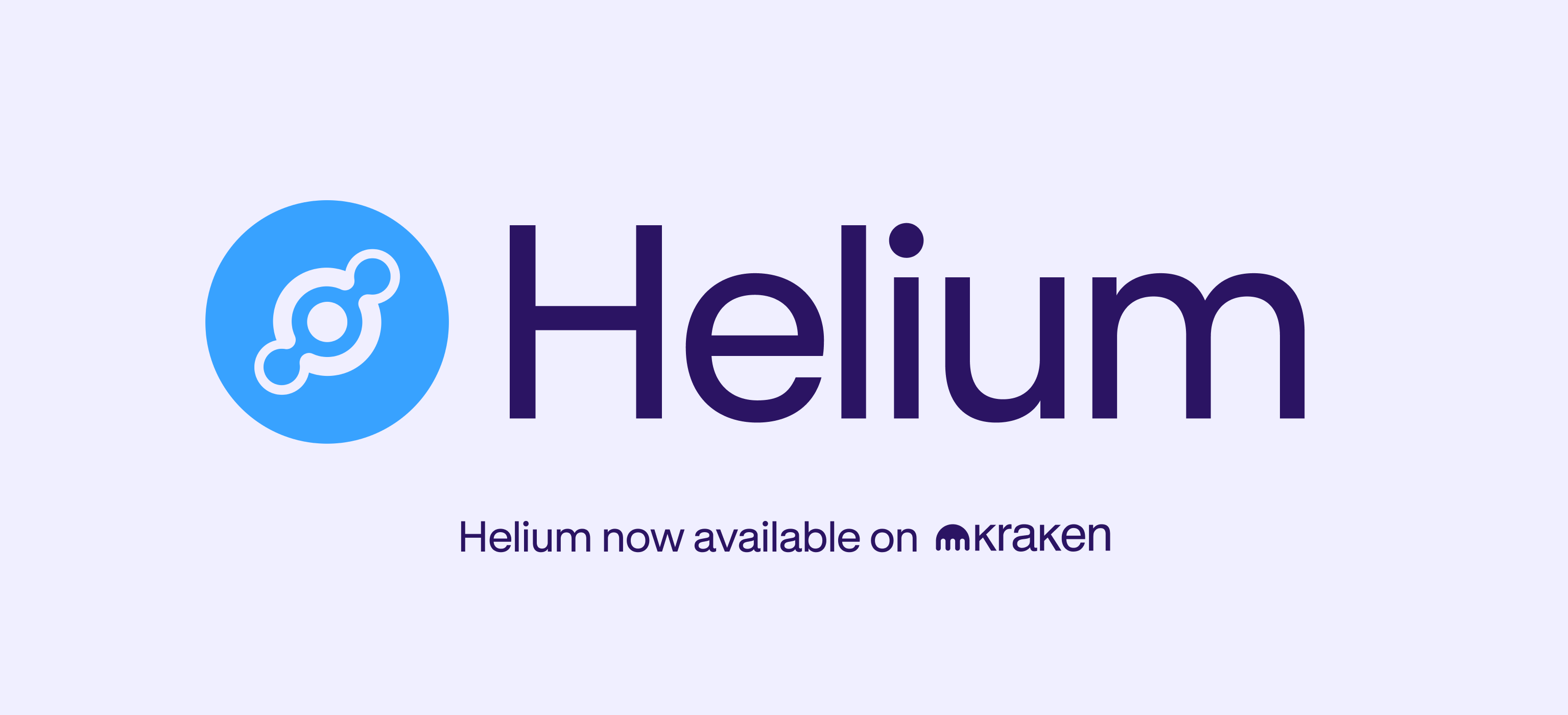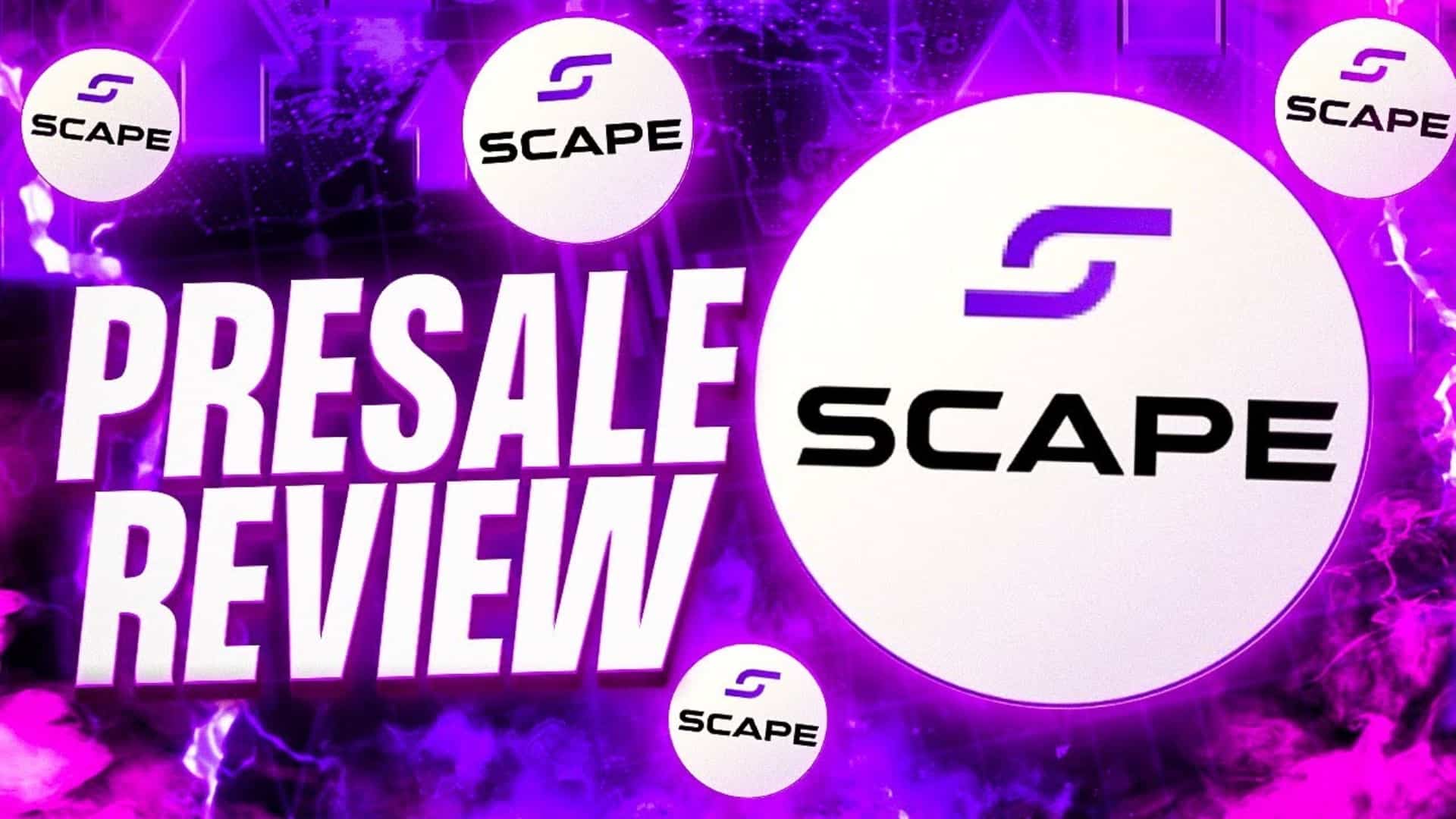IBM’s new ‘lightweight engine’ could be a game changer for fintech


IBM recently launched a new “lightweight engine” for its WatsonX.ai service. While it’s primarily aimed at “enterprises,” it could serve as an on-ramp to secure, on-premise AI deployments for smaller businesses looking to scale, or midsize companies in fast-growing industries like fintech.
The generative AI market is undoubtedly the key catalyst for technology revenue growth in the first half of 2024. Just a decade ago, few could have predicted the sheer size and scope of this sector, driven by the explosive popularity of large-scale language models such as OpenAI’s ChatGPT and Anthropic’s Claude.
Generative AI in Financial Services
Before ChatGPT was released, experts in the AI and finance communities widely pointed out that large-scale language models like GPT-3 were not reliable or accurate enough for use in finance or other fields where there is no room for error.
Despite advances in this area since ChatGPT’s 2023, the same adage still holds true: AI models trained for general use on open data are not as predictive as the information they were trained on. If generative AI models are to be more than just chatbots that can perform some coding functions, they need to be specialized.
For example, JP Morgan Chase recently purchased enterprise access to OpenAI’s ChatGPT for all 60,000 employees, including fine-tuning on internal data and custom guardrails. It’s clear that even the financial services industry is jumping on the generative AI train.
Beyond Chatbots
Many popular public AI services, such as ChatGPT, offer enterprise-grade options, but are largely cloud-based. In industries such as fintech and financial services, where regulatory and fiduciary obligations require certain types of data to be protected from external manipulation, cloud-based AI solutions may not meet security requirements.
IBM’s WatsonX.ai is compatible with both cloud-based and on-premises solutions, and the addition of a Lightweight Engine allows models to run and deploy in a smaller footprint.
Cointelegraph asked IBM about the applications for the service, and Savio Rodrigues, the company’s vice president of ecosystem engineering and developer advocacy, said:
“As enterprises add on-premise, they want the lightest platform on which they can deploy and run their generative AI use cases, so they don’t waste CPU or GPUs. This is where the watsonx.ai lightweight engine comes in, enabling ISVs and developers to scale enterprise GenAI solutions while optimizing for cost.”
In emerging industries like fintech, mining, blockchain, and cryptocurrency lending, where offsite AI solutions may not meet all of a company’s security requirements, the flexibility of a cloud-based, on-premises solution can make the difference between developing and deploying models internally and subscribing to another company’s solution.
But there are a variety of companies competing, from Microsoft, Google, and Amazon to startups that build custom AI solutions to offer similar services.
A direct comparison of the services is beyond the scope of this article, but IBM’s Lightweight Engine seems to live up to its name. The reduced footprint and increased efficiency come at the expense of some features that are only available in the full-weight version.
relevant: Apple trains AI using Google’s chips, so what about Nvidia?


